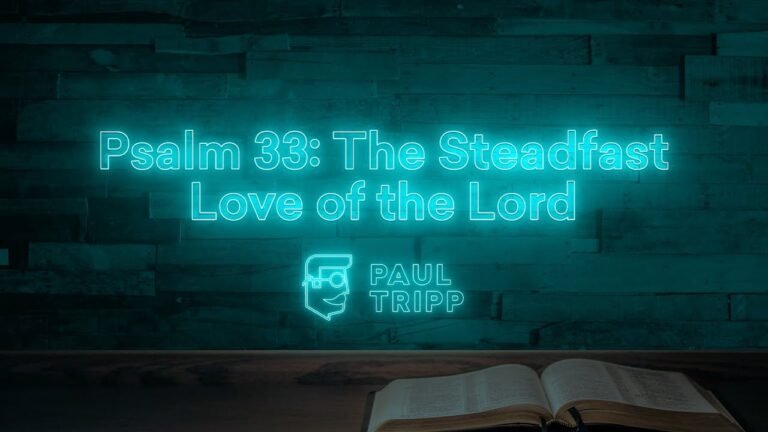Understanding the Lake of Fire in Biblical Context
The Lake of Fire is a powerful and evocative symbol found in the Bible, often associated with judgment and eternal separation from God. This imagery, prevalent in the Book of Revelation, conjures visions of ultimate consequence and divine justice, serving as a stark reminder of the spiritual battles that define human existence. As we delve into the biblical significance and interpretations of the Lake of Fire, we uncover its role in shaping theological perspectives on sin, redemption, and the afterlife, inviting readers to reflect on their own beliefs and the implications of their choices.
What is the meaning of the lake of fire in the Bible?
The lake of fire, as depicted in the Bible, serves as a powerful symbol of divine judgment and the consequences of a life lived in wickedness. Traditionally interpreted, it represents not only the ultimate punishment but also the profound suffering associated with separation from God. This imagery evokes a stark warning about the spiritual ramifications of one’s choices and actions, emphasizing the importance of leading a virtuous life.
Furthermore, the concept of the “second death” reinforces the idea of eternal torment, characterized by a deep sense of loss and possibly the anguish of the senses. It encapsulates the belief that those who stray from righteousness will face a fate far worse than physical death, highlighting the gravity of moral accountability in the spiritual realm. Together, these symbols serve as a sobering reminder of the eternal implications of our earthly decisions.
What is the reason the lake of fire is referred to as the second death?
The lake of fire is referred to as the “second death” in Revelation, symbolizing a profound and eternal separation from God. While the first death marks the physical end of life, where the soul departs the body, the second death represents a more devastating fate. In this state, the resurrected body is united with the soul, sealing the fate of those who have rejected God, resulting in an everlasting separation from His presence. This concept underscores the gravity of spiritual choices made in life, highlighting the stark reality of eternal consequences.
What are the verses that mention the Eternal lake of fire?
In the haunting imagery of Revelation 20:10-15, the eternal lake of fire serves as a powerful symbol of ultimate judgment and divine retribution. This vivid depiction reveals the fate reserved for the devil, the beast, and the false prophet, emphasizing the severity of their deception as they are cast into the flames. The torment described is not fleeting; rather, it is a relentless punishment that endures for eternity, underscoring the seriousness of their transgressions.
As the scene unfolds, the great white throne emerges, representing the supreme authority of the one who presides over all creation. The earth and heaven flee from His presence, illustrating the overwhelming power of divine judgment. This moment encapsulates the finality of accountability, where every individual is called to reckon with their actions. It serves as a sobering reminder of the moral weight of our choices and the inevitable consequences that follow.
Ultimately, these verses invite reflection on the nature of justice and the eternal implications of our decisions. While the lake of fire symbolizes the ultimate separation from God, it also calls believers to live righteously and share the message of redemption. In a world filled with distractions, this passage encourages a deeper understanding of spiritual truth and the importance of aligning one’s life with divine principles.
Exploring the Symbolism and Significance of the Lake of Fire
The Lake of Fire, often depicted as a place of eternal torment, serves as a powerful symbol within various religious and literary contexts. It embodies the consequences of moral choices, representing the ultimate separation from divine grace and the anguish that follows. This vivid imagery evokes a profound sense of urgency, prompting individuals to reflect on their actions and the paths they choose in life. The stark contrast between light and darkness accentuates the moral dilemmas faced by humanity, urging a deeper exploration of redemption and the potential for transformation.
Beyond its haunting representation of punishment, the Lake of Fire also signifies the cleansing of impurities and the necessity of facing one’s inner demons. In many interpretations, it acts as a crucible for souls, challenging them to confront their fears and regrets. This duality of destruction and purification invites a contemplative response, encouraging a dialogue about forgiveness, accountability, and the hope for renewal. Ultimately, the Lake of Fire transcends mere horror, emerging as a catalyst for personal growth and spiritual awakening, urging individuals to seek a more meaningful existence.
A Deep Dive into Biblical Teachings and Interpretations
The Bible, a cornerstone of faith for millions, offers profound teachings that have shaped moral and ethical frameworks throughout history. Its narratives and parables convey timeless lessons about love, compassion, and the human condition. By exploring these texts, readers can uncover layers of meaning that resonate across cultures and generations, revealing insights into the complexities of life and the divine.
Interpretation of biblical teachings varies widely, influenced by historical context, cultural background, and personal beliefs. Scholars and theologians have dedicated their lives to understanding the nuances of scripture, providing diverse perspectives that enrich our comprehension of sacred texts. This diversity encourages dialogue and reflection, inviting individuals to engage with the material in a way that is both personal and communal, fostering a deeper connection to their faith.
In this journey of exploration, the Bible serves not only as a spiritual guide but also as a mirror reflecting humanity’s struggles and triumphs. Its teachings challenge us to think critically about our values and actions, urging us to cultivate a more compassionate and just world. By embracing these lessons, we can find inspiration and purpose, navigating the complexities of modern life while remaining anchored in the wisdom of ancient scripture.
Unraveling the Mysteries of Judgment and Redemption
In a world often shrouded in moral ambiguity, the concepts of judgment and redemption offer a profound exploration of the human experience. Each decision we make invites scrutiny, both from ourselves and those around us, shaping our paths in unexpected ways. Yet, within this complex web of choices lies the potential for redemption—a chance to rise above our missteps and redefine our narratives. By confronting our flaws and embracing vulnerability, we unlock the power to transform our lives and the lives of others, illuminating the journey from darkness to light. Through this lens, we begin to understand that judgment is not merely a final verdict, but a catalyst for growth and renewal.
The concept of the lake of fire in the Bible serves as a powerful symbol of ultimate judgment and separation from divine grace. It evokes deep contemplation about the consequences of one’s actions and beliefs, urging individuals to reflect on their spiritual journey. As a stark reminder of the stakes involved in moral decisions, this imagery continues to resonate across generations, challenging us to seek understanding and strive for a life aligned with principles of love, compassion, and redemption.







